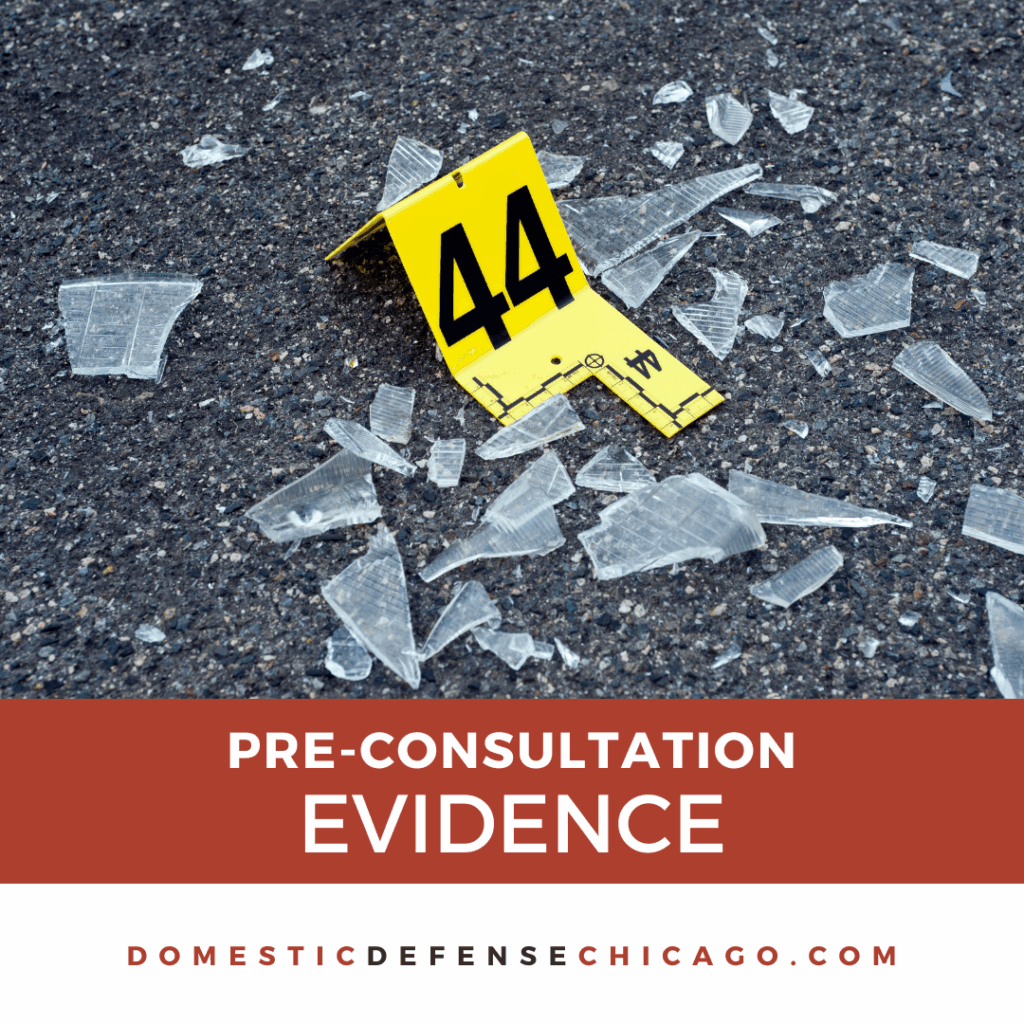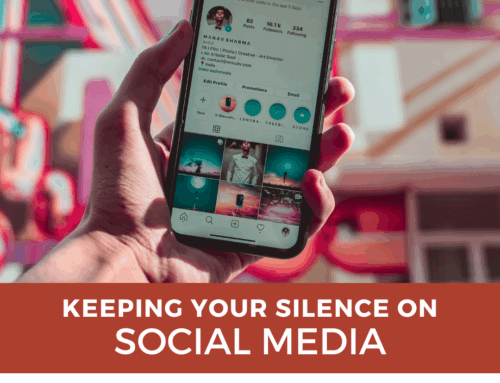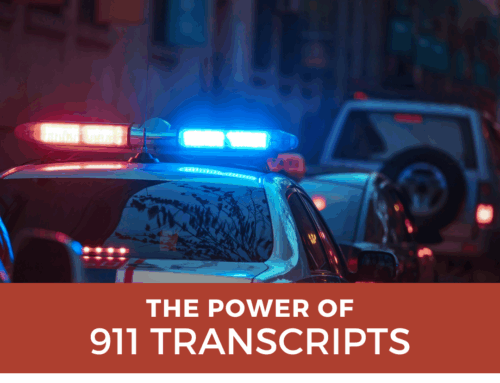If you’ve been accused of domestic battery, your mind might go into overdrive. You may replay events in your head, think about what was said and done, and start wondering what you can gather to “prove your side.” One of the first impulses many people have is to collect texts, photos, videos, or witness names before even meeting with a lawyer.
This instinct—to take matters into your own hands—can be a double-edged sword. In some cases, early documentation can help your attorney build a stronger defense. In others, it can cause problems that are hard to undo.
The key takeaway is simple: a lawyer can help you get the best possible outcome, but no lawyer can guarantee what that outcome will be. The evidence you collect on your own should be gathered with care, and always with an understanding that it could be used in ways you might not expect.
What a “Pre-Consultation Evidence Snapshot” Means
Think of a “snapshot” as the quick, initial collection of information you might gather before your first legal consultation. This could include:
-
Copies of text messages, direct messages, or emails
-
Screenshots of social media posts
-
Photos of your injuries or property damage
-
Names of people who were present before, during, or after the incident
-
Notes about times, dates, and locations
These pieces of information can help your attorney understand the situation and advise you on next steps. But how you collect—and handle—this material matters just as much as what you collect.
When DIY Evidence Gathering Can Backfire
Not all evidence-gathering is helpful. In some situations, taking matters into your own hands can create problems:
-
Accidental evidence tampering – Even small edits to a photo or changes in file metadata can raise questions about authenticity.
-
Inadvertent self-incrimination – Some things you think are helpful might actually work against you when taken out of context.
-
Chain of custody issues – If evidence isn’t stored in a way that preserves its integrity, it may be harder to use in court.
-
Contact violations – Trying to get information from the accuser directly could violate an order of protection or bond conditions.
Once evidence is mishandled, it’s not always possible to repair its credibility. That’s why it’s so important to tread carefully until your lawyer can review it.
The Benefit of Early Legal Guidance
An attorney can look at the same piece of evidence and see strengths, weaknesses, and potential legal risks you may not notice. They can:
-
Advise on which items are worth collecting
-
Suggest safe ways to store and preserve data
-
Identify evidence that may not be admissible or relevant
-
Determine whether certain materials should even be mentioned in court filings
They can’t promise a specific result, but they can guide you toward the strategy that gives you the best possible chance under the circumstances.
Examples of Evidence That Can Help—Or Hurt
Potentially Helpful:
-
Text messages showing you tried to de-escalate a conflict
-
Photos with clear timestamps showing your location at the time of the alleged incident
-
Third-party witness statements taken voluntarily and without pressure
Potentially Harmful:
-
Angry or sarcastic texts that could be misread as threats
-
Social media posts made during or after the incident that suggest guilt or aggression
-
Messages that appear to admit wrongdoing, even if sarcastic or taken out of context
Remember, evidence isn’t just about what it literally says—it’s about how it will be perceived in court.
Legal Considerations in Illinois
Illinois law treats domestic battery as a serious offense, and the evidence presented in these cases can make a major difference in sentencing and long-term consequences. For a detailed overview of domestic battery statutes and penalties, see the Illinois Criminal Code on domestic battery.
Even if you believe your collected evidence is rock-solid, it may need to be presented in a specific way to comply with court rules. That’s why your pre-consultation “snapshot” should be for your attorney’s review—not for social media, friends, or law enforcement until your lawyer advises otherwise.
The Chain of Custody Factor
Courts require a reliable chain of custody for evidence—meaning the ability to prove where it came from, who had access to it, and whether it was altered. Without this, the other side may challenge its authenticity.
For more information on evidence handling and admissibility, you can read the U.S. Department of Justice’s guide to electronic evidence collection.
If your DIY efforts unintentionally break this chain, your attorney may have to work harder to get the material admitted, or may decide not to use it at all.
Why Context Matters as Much as Content
A single screenshot might seem powerful to you, but without the surrounding messages, it can be taken completely out of context. Likewise, a brief video clip might not show the moments leading up to an incident, which can change its meaning entirely.
An attorney can determine whether to present an entire conversation, select portions, or combine your collected material with other evidence to create a fuller, more accurate picture.
The Bottom Line: Proceed, But With Caution
If you’ve been accused of domestic battery, gathering certain information before meeting a lawyer can be helpful—but it’s not without risk. Your goal should be to give your attorney the clearest, most unaltered picture possible, without taking actions that could harm your case.
The safest approach is to:
-
Secure any relevant messages, photos, or names without editing or altering them.
-
Avoid sharing them with anyone other than your attorney.
-
Let your lawyer decide how—and if—they should be used.
The decisions you make now can have a lasting impact on your case. While no one can guarantee an outcome, working with a lawyer early can help you move forward with the strongest, most defensible position available.
Do You Need to Talk to an Attorney About Domestic Battery Defense?
If you need to talk to a domestic battery defense attorney in Illinois, we’re here to help. Call us at 847-920-4540 now – we’ll be happy to give you a free consultation and talk to you about your options.







Leave A Comment
You must be logged in to post a comment.